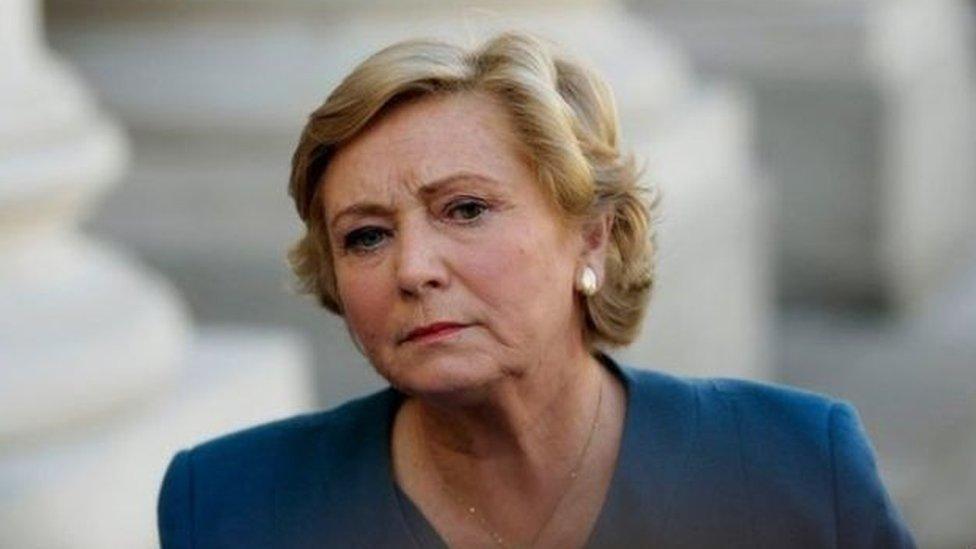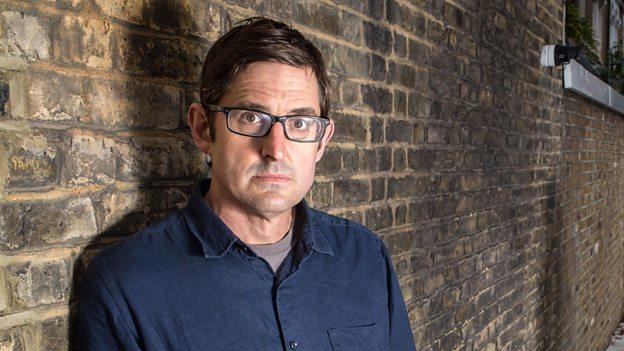Irish defamation law to be reviewed
- Published

Minister for Justice Frances Fitzgerald announced the public consultation process on the law.
Irish Minister for Justice Frances Fitzgerald has announced a long-awaited review into defamation law in the country.
Unlike in the UK, there is currently no limit on financial damages that can be awarded in Irish High Court rulings.
Most libel cases are brought against the media, meaning actions can bankrupt a small newspaper or radio station.
The Press Council of Ireland and National Union of Journalists (NUJ) welcomed the decision.
NUJ Irish Secretary Seamus Dooley: '"Our defamation laws are too often used by wealthy business interests to suppress freedom of expression."

Ireland's richest man, Denis O'Brien, was granted a high court injunction in May to stop RTÉ reporting details of his personal finances
In a statement, Ms Fizgerald said: ''We want to ensure that our journalists, commentators and news media can exercise their vital role in a democratic society - to report, investigate and challenge, independently and vigorously, in the public interest."
Journalists, broadcasters and Attorney General Máire Whelan have been vocal in calling for review the law after a series of high profile cases where damages reached far into the hundreds of thousands of Euros.
In 2009 PR consultant Monica Leech was awarded 1.87m Euros (£1.7m) in libel damage, externals from Independent Newspapers.
NewsBrands Ireland, a representative body for all national newspapers, say the defamation awards are "wholly out of kilter" with the rest of Europe and the UK, and stops publishers taking risks when publishing content "no matter how certain they are of their facts".

Louis Theroux's expose on the church of Scientology was released in cinemas across the UK mainland
Last month it was widely speculated that the 2009 Defamation Act, and possibility of expensive legal action, could be the the reason popular documentary filmmaker Louis Theroux's My Scientology Movie' was not released in Ireland by film distributors Altitude.
A statement from the Department of Justice and Equality confirmed that the Director of Film Classification had received no request to view the film for exhibition in the Republic of Ireland.
- Published29 January 2014

- Published31 December 2013
